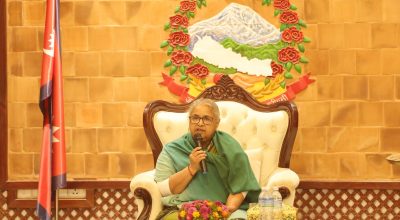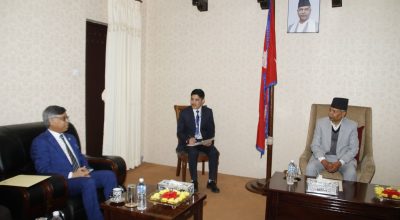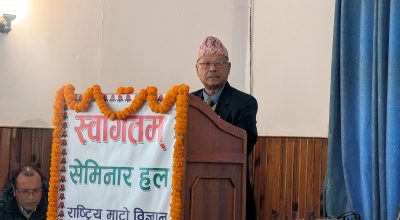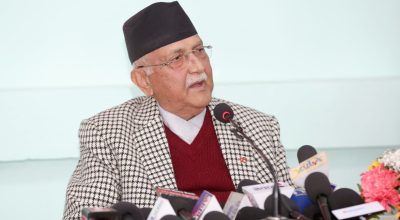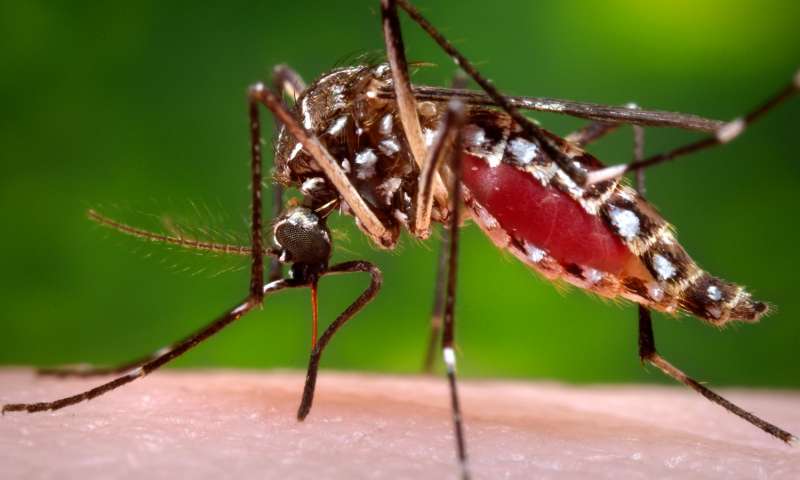
Kathmandu, April 25: Today marks the World Malaria Day. The Day was observed with the theme of “Accelerating the fight against malaria for a more equitable world”.
During an interaction with the media organised by the Public Health Office, Kathmandu today, Office Chief Dr Arjun Prasad Sapkota said despite the reduced risk for malaria, the prevention is still needed. As he said, the cases of malaria have declined in the country, but those foreign returnees are found to be vulnerable to the infection which is caused by the mosquito bite.
In the fiscal year 2080-81 BS (2023-24), Kathmandu District reported 17 new cases of malaria. According to Dr Sapkota these infections are often brought in by foreign returnees, particularly those arriving from nations in South Africa.
The government has implemented the Nepal Malaria Strategic Plan 2014-2025 with the goal of declaring Nepal as free from malaria by 2025. Accordingly, the government has set the objective of decreasing the number of malaria patients and the local transmission rate of this disease to zero at the local level within 2023, 2024 and 2025.
Although the government conducted the Malaria Eradication Campaign since 1994, Nepal has not become free of this disease so far.
Public Health Officer at the Public Health Office, Prabina Karmacharya said none of the Wards of Kathmandu except Chandragiri Municipality’s Ward No 4 was at risk of malaria. “Chandragiri municipality -4 is listed as risk area as a few malaria patients have been detected in this ward. We have put 5 percent of the total population of this Ward as prone to risk,” she added.
According to her, 13 malaria cases were found in Kathmandu in the Fiscal Year 2021/2022 and 17 cases each in FY 2022/2023 and FY 2023/24.
Similarly, 13 cases were found in Koshi province, 75 in Madhes province, 42 in Bagmati province, 20 in Gandaki province, 233 in Lumbini province, 28 in Karnali province and 176 in Sudur Paschim province in FY 2023/24.





